Cadorna, Edelyn Alicar
Published Researches: Attitude towards romantic relationships: A cross-cultural study among Indians and Filipinos (2020) | Abstract A Cross-Sectional Study of Students’ Learning Progression in Algebra
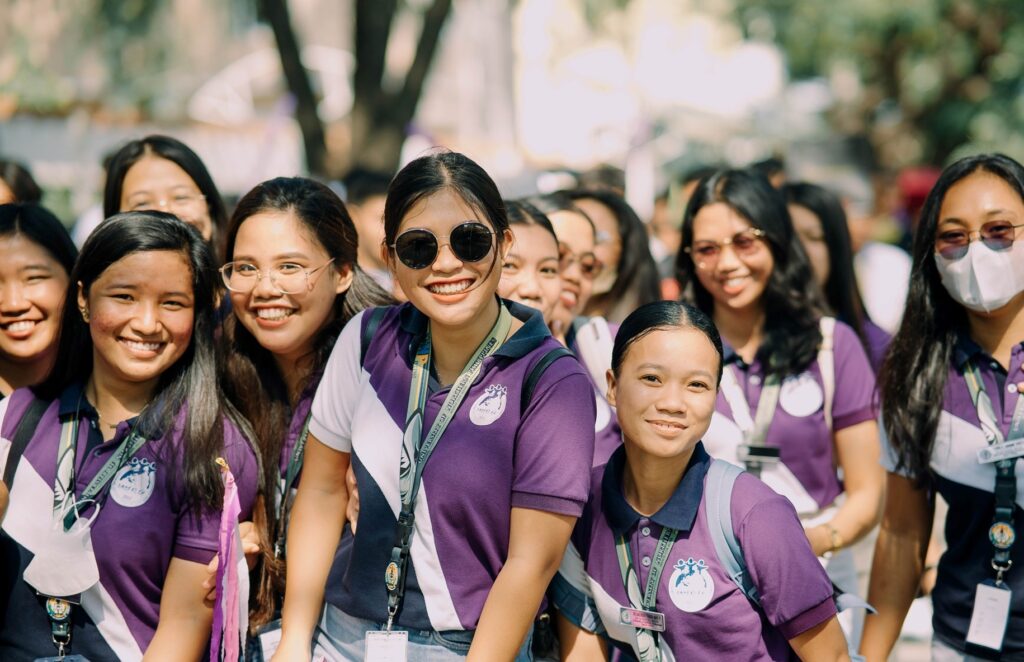
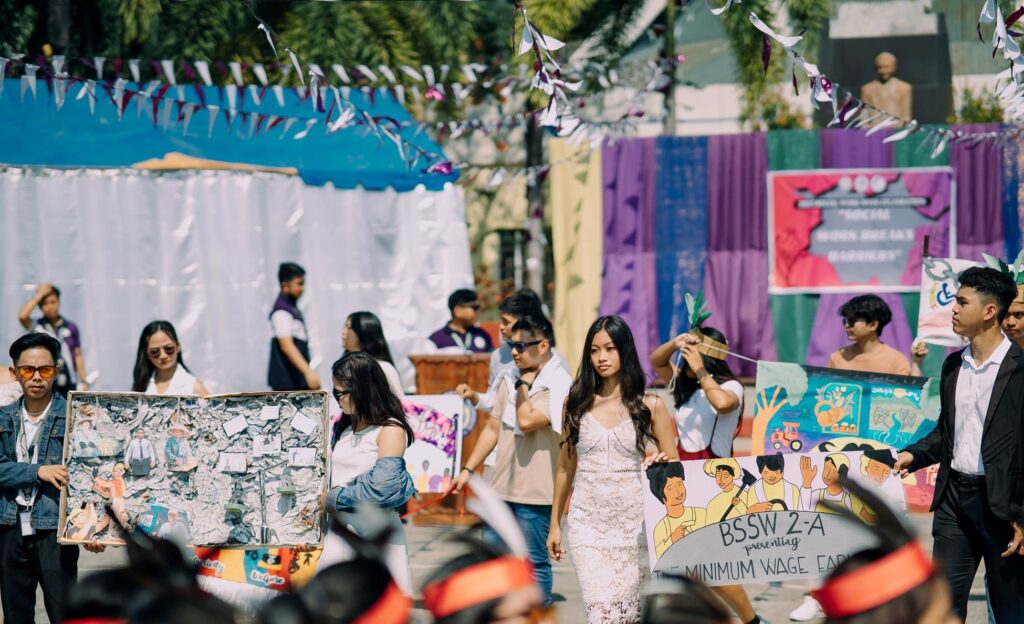
Published Researches: Attitude towards romantic relationships: A cross-cultural study among Indians and Filipinos (2020) | Abstract A Cross-Sectional Study of Students’ Learning Progression in Algebra
We’re excited to announce multiple job openings across various departments! Whether you’re a seasoned professional or just starting out, this is your chance to join
Are you ready to create a workplace or community where everyone feels valued, respected, and empowered? Our Gender Sensitivity Program is your gateway in fostering
The Center for Gender and Development (CGAD) conducted a gender sensitivity training attended by the Infrastructure Project Management and Development Office (IPMDO) personnel June 23-25,
The University of Northern Philippines (UNP) and the Immaculate Conception Minor Seminary (ICMS) formally renewed their long-standing partnership through a Memorandum of Agreement (MOA) signing
In celebration of Pride Month, the University of Northern Philippines – Student Council, in collaboration with the UNP Medical Services Office, proudly presents 𝙁𝙧𝙞𝙙𝙖𝙮, 𝙋𝙧𝙞𝙙𝙚
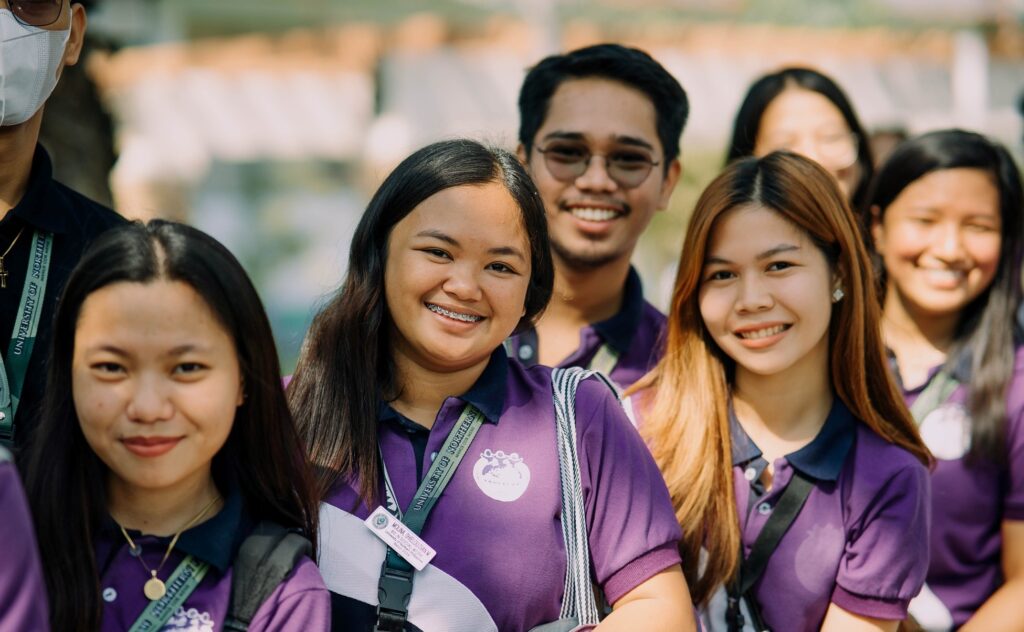
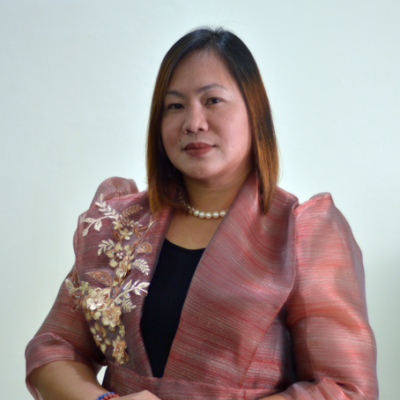
DIR. VENUS FERNANDO-REBULDELA
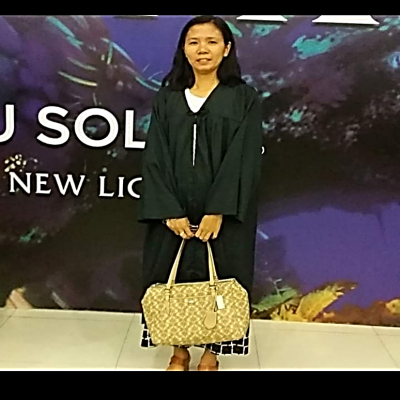
ATTY. MARY JANE J. TUBON